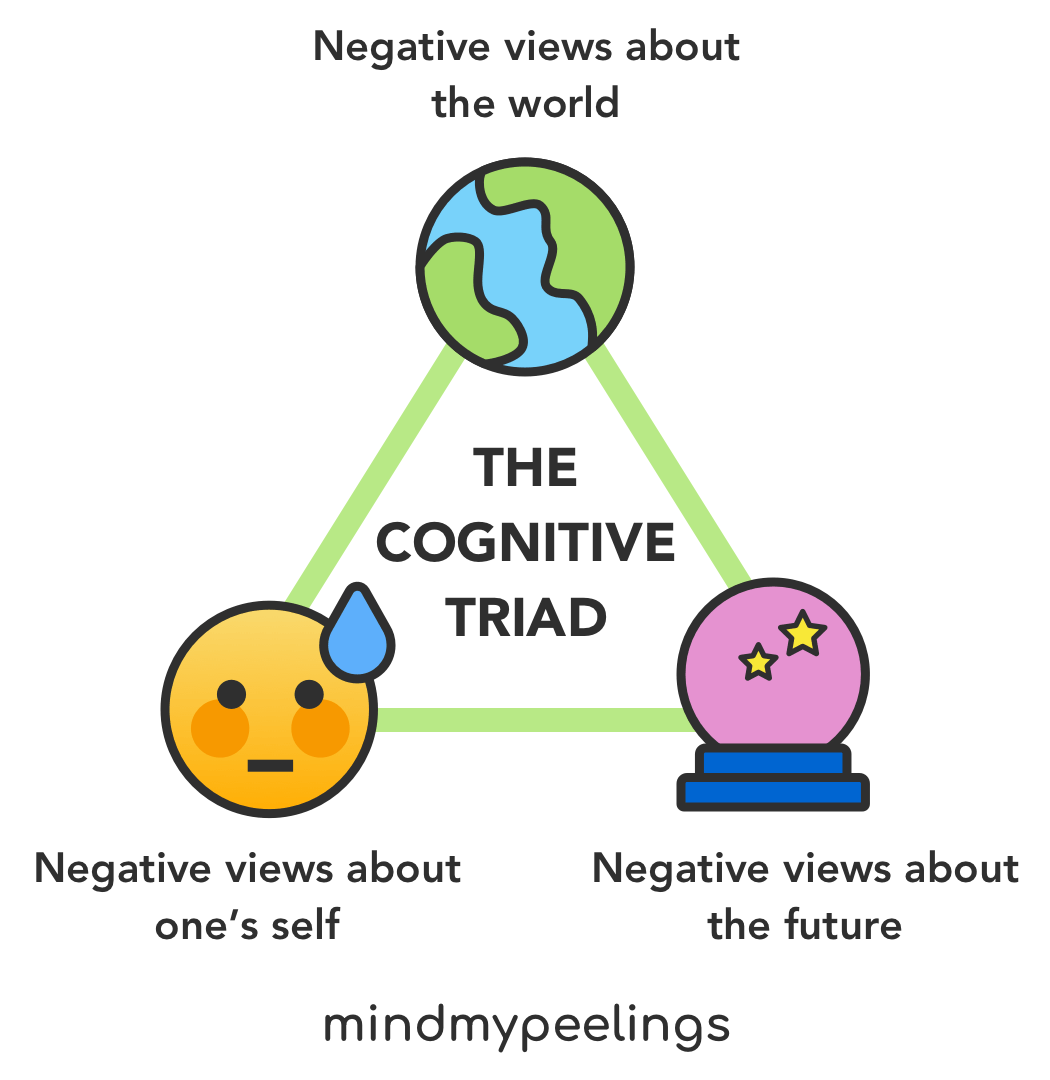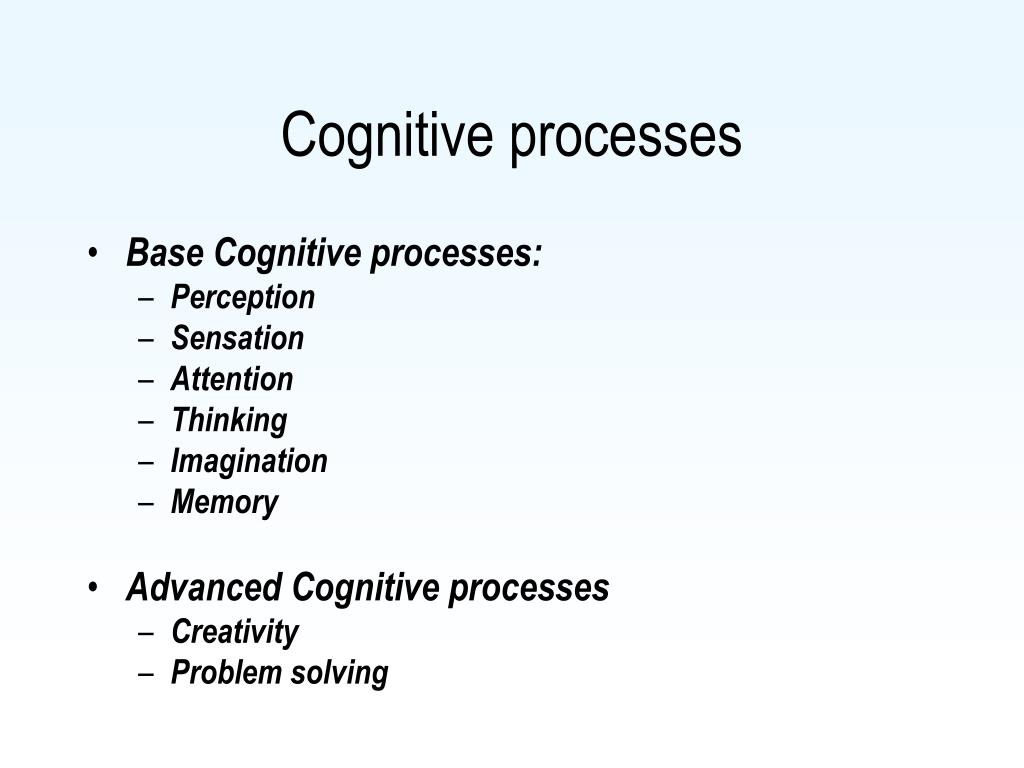

One of the reasons, he concluded, was the amount of time between the presentation of the list of stimuli and the recitation or recall of the same. Ebbinghaus observed and hypothesized a number of variables that may have affected his ability to learn and recall the non-words he created. He purposely chose non-words as opposed to real words to control for the influence of pre-existing experience on what the words might symbolize, thus enabling easier recollection of them. He then examined his own personal ability to learn these non-words. Ebbinghaus developed his own experiment in which he constructed over 2,000 syllables made out of nonexistent words (for instance, 'EAS'). Hermann Ebbinghaus (1850–1909) conducted cognitive studies that mainly examined the function and capacity of human memory.

Though Wundt's contributions are by no means minimal, modern psychologists find his methods to be too subjective and choose to rely on more objective procedures of experimentation to make conclusions about the human cognitive process. With introspection, the subject had to be careful to describe their feelings in the most objective manner possible in order for Wundt to find the information scientific. Wilhelm Wundt (1832–1920) emphasized the notion of what he called introspection: examining the inner feelings of an individual. Īs psychology emerged as a burgeoning field of study in Europe, whilst also gaining a following in America, scientists such as Wilhelm Wundt, Herman Ebbinghaus, Mary Whiton Calkins, and William James would offer their contributions to the study of human cognition. In Britain, these models were studied in the academy by scholars such as James Sully at University College London, and they were even used by politicians when considering the national Elementary Education Act of 1870.
COGNITIVE PROCESSES REFER TO ALL CHARACTERISTICS HOW TO
ĭuring the early nineteenth century cognitive models were developed both in philosophy-particularly by authors writing about the philosophy of mind-and within medicine, especially by physicians seeking to understand how to cure madness. Two millennia later, the groundwork for modern concepts of cognition was laid during the Enlightenment by thinkers such as John Locke and Dugald Stewart who sought to develop a model of the mind in which ideas were acquired, remembered and manipulated. He placed great importance on ensuring that his studies were based on empirical evidence, that is, scientific information that is gathered through observation and conscientious experimentation. Aristotle focused on cognitive areas pertaining to memory, perception, and mental imagery. Early studies ĭespite the word cognitive itself dating back to the 15th century, attention to cognitive processes came about more than eighteen centuries earlier, beginning with Aristotle (384–322 BC) and his interest in the inner workings of the mind and how they affect the human experience. The latter half, gnōscō, itself is a cognate of a Greek verb, gi(g)nósko ( γι(γ)νώσκω, 'I know,' or 'perceive').

The term comes from the Latin noun cognitio ('examination', 'learning', or 'knowledge'), derived from the verb cognosco, a compound of con ('with') and gnōscō ('know'). The word cognition dates back to the 15th century, where it meant " thinking and awareness". These and other approaches to the analysis of cognition (such as embodied cognition) are synthesized in the developing field of cognitive science, a progressively autonomous academic discipline. Cognitive processes use existing knowledge and discover new knowledge.Ĭognitive processes are analyzed from different perspectives within different contexts, notably in the fields of linguistics, musicology, anesthesia, neuroscience, psychiatry, psychology, education, philosophy, anthropology, biology, systemics, logic, and computer science. It encompasses all aspects of intellectual functions and processes such as: perception, attention, thought, imagination, intelligence, the formation of knowledge, memory and working memory, judgment and evaluation, reasoning and computation, problem-solving and decision-making, comprehension and production of language.

A cognitive model, as illustrated by Robert Fludd (1619) Ĭognition is the "mental action or process of acquiring knowledge and understanding through thought, experience, and the senses". For other uses, see Cognitive (disambiguation).


 0 kommentar(er)
0 kommentar(er)
